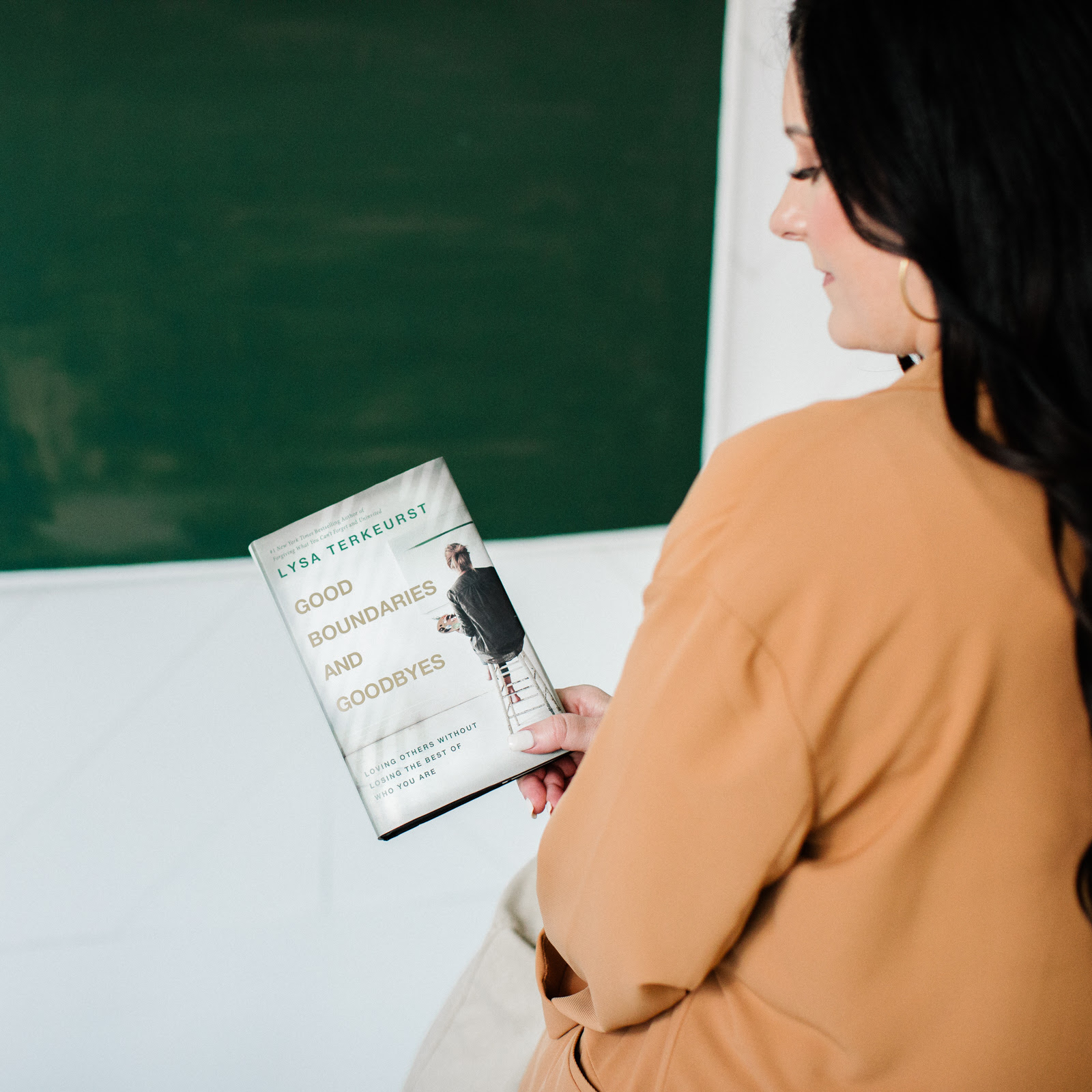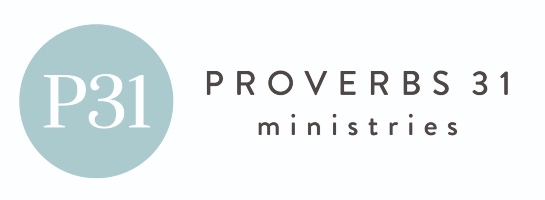
One Way To Actually Guard Your Heart
LYSA TERKEURST
Lee en español
“Above all else, guard your heart, for everything you do flows from it.” Proverbs 4:23 (NIV) Relationships are wonderful. Until they’re not. I’ve spent years trying to identify what to do when we fully open our heart to someone who, over time, isn’t responsible with that kind of trust. When my grandson Ryser was born and my daughter was getting ready to take him home, his nurse said something I’ve never forgotten as she was giving her parting instructions: “Trust is the oxygen of all human relationships.” I thought the nurse had come in to teach us about properly holding Ryser or changing his diaper. Instead, she wanted my daughter to know that every cry from a baby is an opportunity to build trust. Trust was easy with Ryser because as long as we were responsible to properly care for him, he was satisfied. He wasn’t opinionated or scarred by past trauma, and he didn’t bring in emotionally unhealthy habits and patterns. Things are not so easy with relationships as we get older. Here’s what I’ve realized: When we allow someone else access to us emotionally, physically, financially, mentally, etc., we need to require them to be responsible with that access. If I give someone level-10 access, but they only have the willingness or capability to demonstrate level-three responsibility … relational tension will exist. Trust will erode. And frustration will be ever increasing. Why? Because level-10 access requires level-10 responsibility. Here’s a tangible example. When you trust someone with access to your bank account, you should be able to trust them not to steal your money, use your debit card to pay for charges you didn’t approve of, or put you in debt with their irresponsible choices. Sadly, this does happen. And not just with money — with our emotions, our capacity and our time. We give people level-10 access when they’re only demonstrating level-three responsibility, and then we find ourselves more frustrated and exhausted by the gap we’re experiencing. But, friend, there is hope today. Instead of feeling stuck because we can’t control the choices of another person, we can reduce their access to match the level of responsibility they are capable of. That solution is called a boundary. Simply put, setting a boundary is being responsible enough to reduce the access we grant to others based on their ability to be responsible with that access. In the past, I’ve made the mistake of trying to put boundaries on another person, hoping to get them to increase their level of responsibility to match the access I’ve granted them. But it never worked. You see, you can ask someone to demonstrate more responsibility, but you can’t “boundary” them into making changes they aren’t willing to make. So the only really productive choice is for you to put boundaries in place that reduce the level of access you give that person to match their level of responsibility. Why is this important? Because people who are irresponsible with our hearts should not be granted great access to our hearts. Proverbs 4:23 speaks into this very thing as it instructs, “Above all else, guard your heart, for everything you do flows from it.” In the past, I’ve often heard this verse taught in the context of dating relationships and purity. But I think it also applies to guarding the access to our hearts in other relationships as well. Interestingly, the Hebrew word for “guard,” mišmār, communicates an active nature of how someone should guard, as Ludwig Koehler mentions in The Hebrew and Aramaic Lexicon of the Old Testament. What this means is that guarding is active, not passive. We aren’t trying to protect ourselves from love. If we love, we will risk being hurt. But we are trying to protect ourselves for love. We don’t want to get so consumed with the pain and chaos of unhealthy relationship patterns that we become a carrier of human hurt rather than a conduit of God’s love. I know this is heavy stuff. And you may be thinking, Whoa, Lysa, I’m just trying to figure out a few wonky relationship dynamics. I don’t really know about all this boundaries stuff. I can feel that way too. But after countless hours of studying and processing this topic of boundaries, I’m more convinced than ever that boundaries are the only fighting chance we have to live in the peace we all really long for inside our relationships. Love can be unconditional … but relational access never should be. And boundaries help us protect this. Boundaries help us keep ourselves together so we can be the people God has called us to be. Boundaries help us protect trust. Boundaries help us cultivate the hearts toward one another that God always intended for us to have — motivated toward real love and away from selfishness. And that is a way I’m determined to live. Lord, the greatest desire of my heart is to love and treasure others the way You treasure us. Sometimes, difficult relationship dynamics make it incredibly hard to do that. I ask today that You guide me and help me walk in Your ways. Show me how to approach my closest relationships with both compassion and a commitment to emotional health. In Jesus’ Name, Amen. OUR FAVORITE THINGSSimply being aware of our dysfunctions doesn’t fix them. If we want healthier relationships, we must also be willing to address dysfunctions. But how can we do this in a way that honors God and the other person we’re in relationship with? Find practical next steps, scripts and timely guidance on hard relationship dynamics, including wisdom from Lysa TerKeurst’s personal counselor, Jim Cress, throughout the pages of Lysa’s new book, Good Boundaries and Goodbyes. Preorder the Proverbs 31-Exclusive Edition here.  ENGAGEFind real-life encouragement when you connect with Lysa TerKeurst here on Instagram. FOR DEEPER STUDY1 Peter 1:22, “Now that you have purified yourselves by obeying the truth so that you have sincere love for each other, love one another deeply, from the heart.” (NIV) How might considering the truth of 1 Peter 1:22, allowing it to shape your mind and heart, help you in establishing boundaries and loving others? Share with us in the comments! © 2022 by Lysa TerKeurst. All rights reserved. |
Proverbs 31 Ministries
P.O. Box 3189
Matthews, NC 28106
www.Proverbs31.org
Originally published Tuesday, 11 October 2022.











